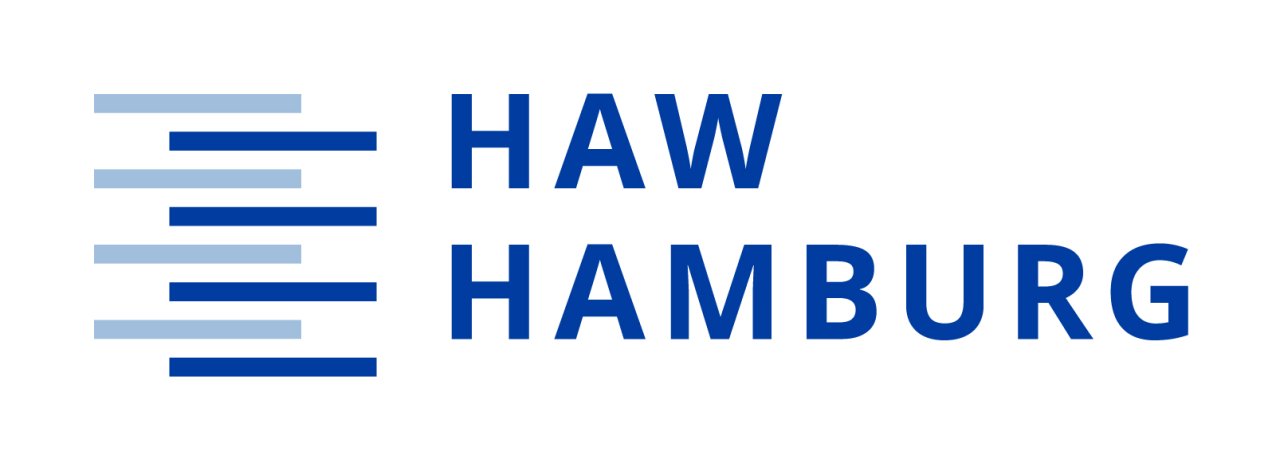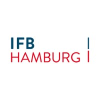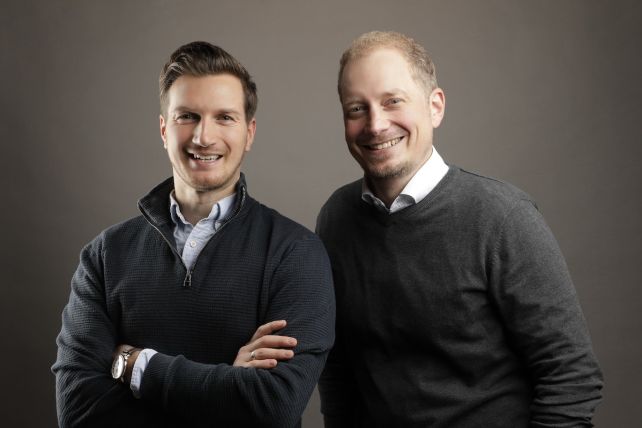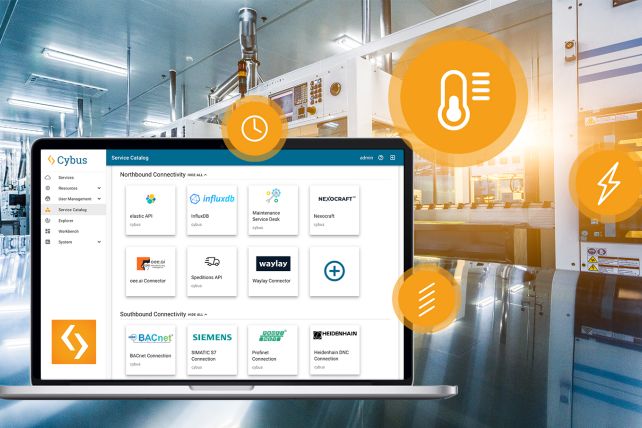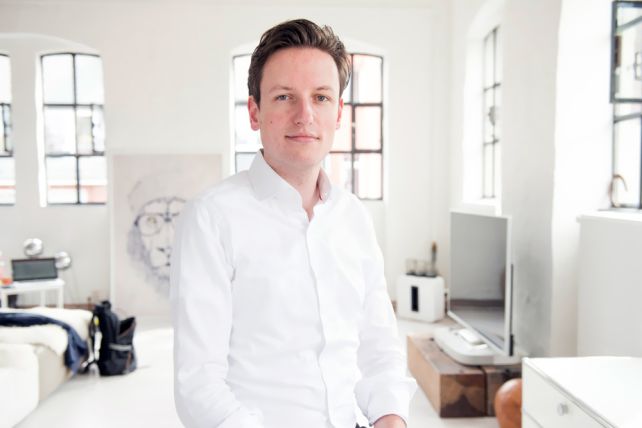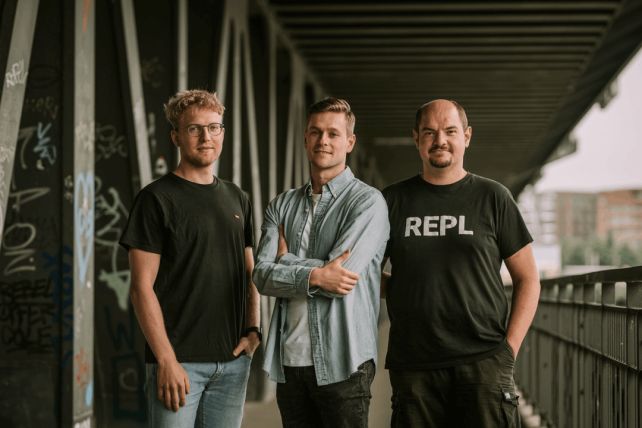Tenzir's mission is cybersecurity
The Hamburg University of Applied Sciences (HAW Hamburg) recently suffered exactly what many organisations fear. At the end of 2022, the university fell victim to a hack attack which resulted in the theft of various amounts of data including user names, passwords, email addresses and personnel numbers.
A hack attack on institutions or companies can have severe consequences. In addition to the theft of potentially sensitive data, such an incident can also result in financial losses, e.g., if operations have to be paused as a result. Around 250,000 malware programs were in circulation every day in 2023, according to the German Federal Office for Information Security. Cybersecurity is now a must for any institution that handles data. Yet, only few know how it works.

One software – several purposes
The Hamburg-based startup Tenzir helps cyber defenders improve the security of their data infrastructure. Tenzir's security program enables companies to better manage attacks on their systems and to rearrange their data more efficiently. Cyber-attacks can no longer be ruled out. It is only a question of when the attackers will strike, says Tenzir, which is more than equipped to provide companies with the right protection.
Tenzir's research background makes its system unique. Matthias Vallentin, CEO and founder, had previously researched cybersecurity and developed technology at Berkley University in California, making him an expert in data security. This was the breeding ground for Tenzir: "We had been working on the project for almost ten years, so I thought: this could be commercialised," he says, explaining the decision to develop a product.
Cybersecurity consists of two distinct pillars. On the one hand, there are people who understand security and then there are people who understand data. The art of the cybersecurity industry lies in creating an intersection between both fields. Security is increasingly becoming a data and technology problem. Tenzir aims to prepare companies for this threat.
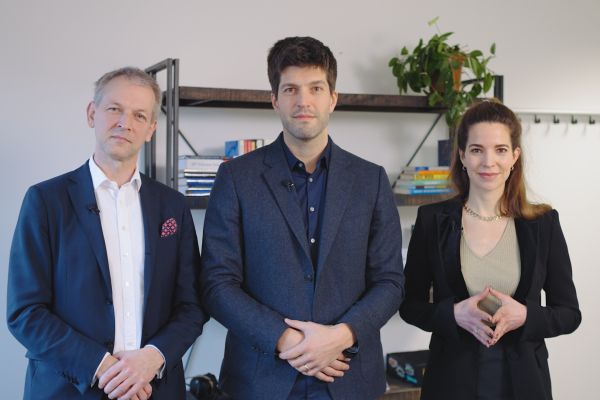
A startup in family hands
Tenzir was eventually founded in Hamburg in 2017 with the right technology in tow. The company now aims to make cybersecurity more efficient for companies. However, to realise such a vision, every startup requires both technical expertise and managers who are familiar with administrative issues. Tenzir found the right support within its own ranks when Vallentin brought his sister, the lawyer Julia Vallentin, on board the deep-tech company. Together, the siblings form the technical and managerial part of Tenzir.
Tenzir relied on a mix of public funds and angel investments to obtain the right capital. As part of the InnoRampUp scheme, the startup received funding from the Hamburgische Investitions- und Förderbank (IFB). However, external investors played a much bigger role in the company's history. "We were lucky enough to be able to get started with both the startup support subsidised by the IFB and an angel investment of 500,000 euros." Working with investors is also a major commitment, Tenzir stressed:

Timing is key to working with external investors. Once investors are involved, you automatically find yourself in a justifiable situation and the company must develop faster than it could grow organically without external capital.


The moment of foundation is also crucial. Looking back, Matthias Vallentin would also take more time to evaluate the product. "Don't just make assumptions, but have dozens of conversations to really identify the problem that you ultimately want to solve. It will also help you understand your market better.” What are the existing product portfolios and how can you position yourself relevantly without being gobbled up by the big players? Meantime, the masses have also realised the importance of data security for digital issues. Johan Hesse, Tenzir’s COO and Managing Director, has had a front row seat on this trajectory: "The issue of data security is seemingly so abstract that it has only slowly penetrated the minds of decision-makers over the last few years." This also involves cultural change. Apart from developing security programs, there has to be a realisation that cybersecurity is essential and requires a certain budget.

Security companies are still few and far between in Germany and across Europe. Unlike the Hamburg-based tech startup Tenzir, most security providers are based in the U.S. or Israel. In addition to the geographical distance, mindsets also differ. While many providers focus mainly on the functionality of their product, Hesse stresses the technical quality of Tenzir's products: "The approach to orchestrating the architecture is solid engineering made in Germany."
Tenzir has now set its sights on a Series A which marks another major round of fundraising. But the startup is also working hard on the product and will add some new features to ease the use of its software.


